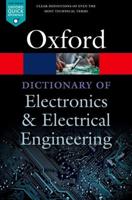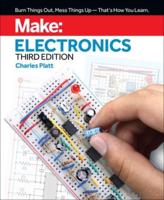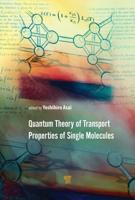Publisher's Synopsis
The series Advances in Industrial Control aims to report and encourage technology transfer in control engineering. The rapid development of control technology has an impact on all areas of the control discipline. New theory, new controllers, actuators, sensors, new industrial processes, computer methods, new applications, new philosophies …, new challenges. Much of this development work resides in industrial reports, feasibility study papers and the reports of advanced collaborative projects. The series offers an opportunity for researchers to present an extended exposition of such new work in all aspects of industrial control for wider and rapid dissemination. The water and wastewater industry has undergone many changes in recent years. Of particular importance has been a renewed emphasis on improving resource management with tighter regulatory controls setting new targets on pricing, industry efficiency and loss reduction for both water and wastewater with more stringent environmental discharge conditions for wastewater. Meantime, the demand for water and wastewater services grows as the population increases and wishes for improved living conditions involving, among other items, domestic appliances that use water. Consequently, the installed infrastructure of the industry has to be continuously upgraded and extended, and employed more effectively to accommodate the new demands, both in throughput and in meeting the new regulatory conditions. Investment in fixed infrastructure is capital-intensive and slow to come on-stream. One outcome of these changes and demands is that the industry is examining the potential benefits of, and in many cases using, more advanced control systems.









